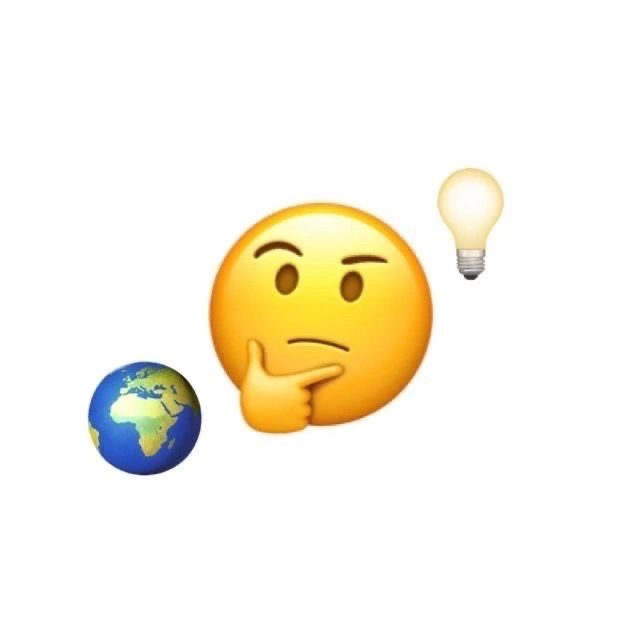In times of inflation, we all ask ourselves one question: When will this enormous increase in prices end? What is our money really worth?
In ancient times, money was tied to gold to guarantee its value. Since US President Richard Nixon broke this treaty in 1971, money has no longer had a guaranteed value (See: A Brief History of Money). Since then, the world has been threatened by inflation again. Now inflation has reached Europe – and the US itself.
In order to return our money to a guaranteed value again, we proposed to tie the value of money to energy in the “Austrian Theory of Money” (see: Peace in Ukraine – and in the world). What does that mean specifically for us all?
Let’s look at the facts:

In the first table we see the listing of money on the one hand and energy on the other hand. (The numbers are all taken from UN statistics for 2021.) We see that we were 7.8 billion people on Earth then. That year, all of us together earned $97,076 billion. In doing so, we generated 606.8 quads of energy and harvested 2.99 billion tons of cereals.
These numbers are so incredibly high that we can’t even imagine them, let alone relate them in any way. How does this relate to our electricity costs and the prices of our groceries?
To answer this question, all we have to do is convert the numbers. And so we look at Table 2:

In this table, all numbers are converted to billions and the same units. Now the picture is getting clearer. For the sake of simplicity we calculate in US dollars and kilowatt hours. And so we realise the magnitude of these numbers. Here we see the 4 major power blocs in the world in comparison: the USA, China, the EU and Russia. Thus we can compare these 4 big “global players”.
In Table 3 we see the magnitudes of these 4 power blocs in relation to the entire world:

For example, we see that the US, with 4.21% of the world’s population, earns 24.02% of the money and produces 16.21% of the world’s energy, as well as 14.51% of all the world’s food. Russia, on the other hand, with 1.82% of the world’s population, earns only 1.83% of the money worldwide, while producing 15.51% of the world’s energy and 4.34% of all its food.
What does that mean for each one of us? To do this, we convert these total figures to individuals. So we divide per capita. We see the result in Table 4:

We see how much money a single citizen of these 4 countries earns and how much energy and food they produce. If we take a closer look at these numbers, we can already see the difference between these power blocs. The difference between Russia and the West is enormous.
We put these numbers in relation to the entire globe and get Table 5:

We see here that, for example, the population of the USA has an income of 569.98%. That means a US citizen earns 5.69 times as much as an average citizen of the world. He produces 3.84 times as much energy as an average world citizen and 3.44 times as much food. A Russian citizen, on the other hand, earns on average while producing 8.51 times as much energy and 2.38 times as much food as an average world citizen.
Finally, let’s compare these numbers. We see the result in Table 6:

We see that only part of the US and EU money is backed by energy production and food production. China produces slightly more energy and food than it earns in money. Russia produces 8.46 times as much energy and 2.36 times as much food as it earns.
Last but not least, this results in the overvaluation and undervaluation of money in Table 7:

The US dollar is overvalued by 32.54% in terms of energy production and 39.58% in terms of food production. The European euro is overvalued by 14.88% in terms of energy and 36.59% in terms of food. The Chinese yuan is undervalued by 21.78% and 12.48% respectively. And the Russian ruble is undervalued by 746.22% and 136.89% respectively.
Applied to inflation (red) and deflation (green), this means the following for the 4 major global power blocs:

As long as these conditions are not balanced, we will have inflation in Europe. And as long as this hasn’t happened in the slightest, there will always be war.
—
